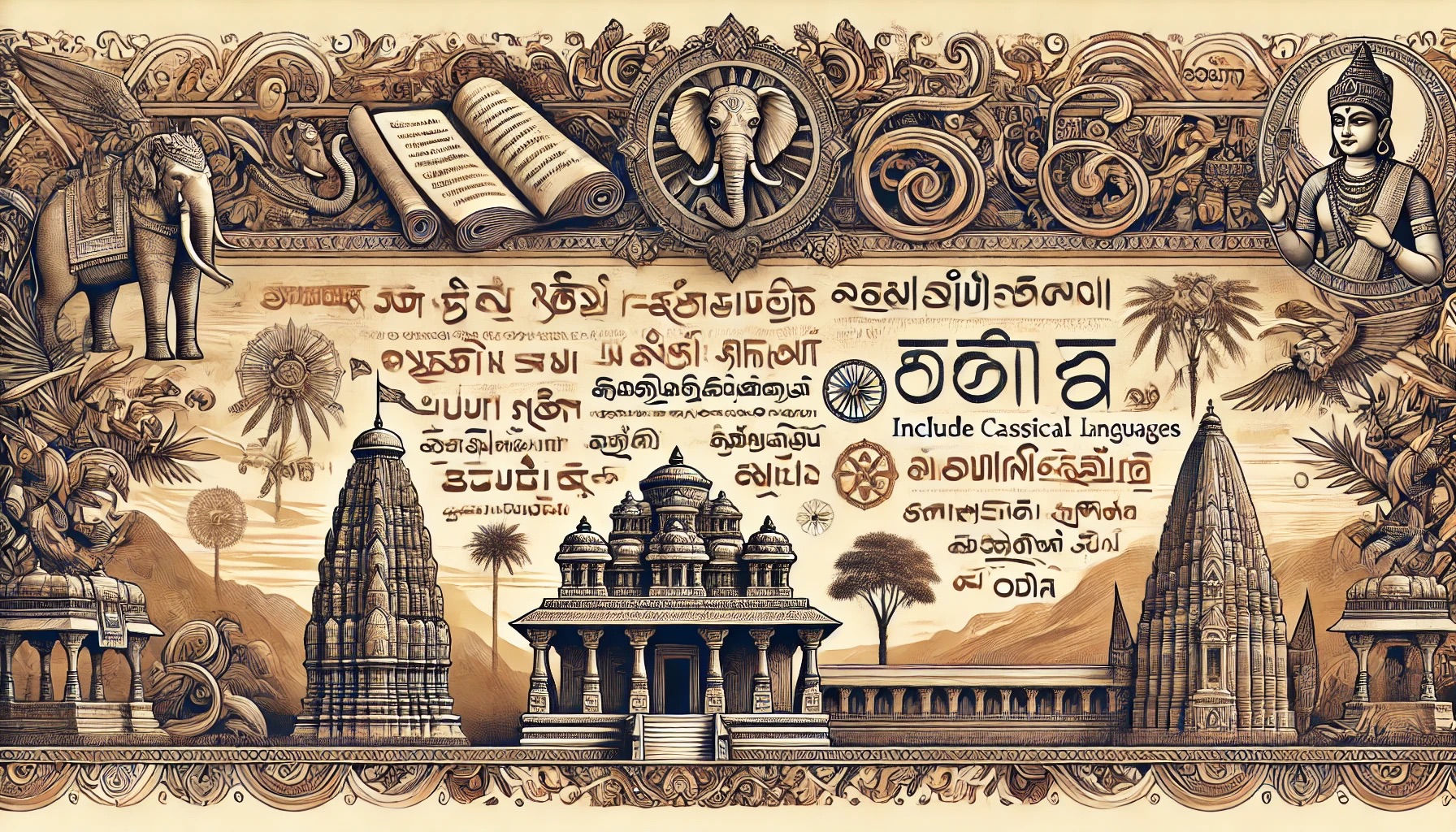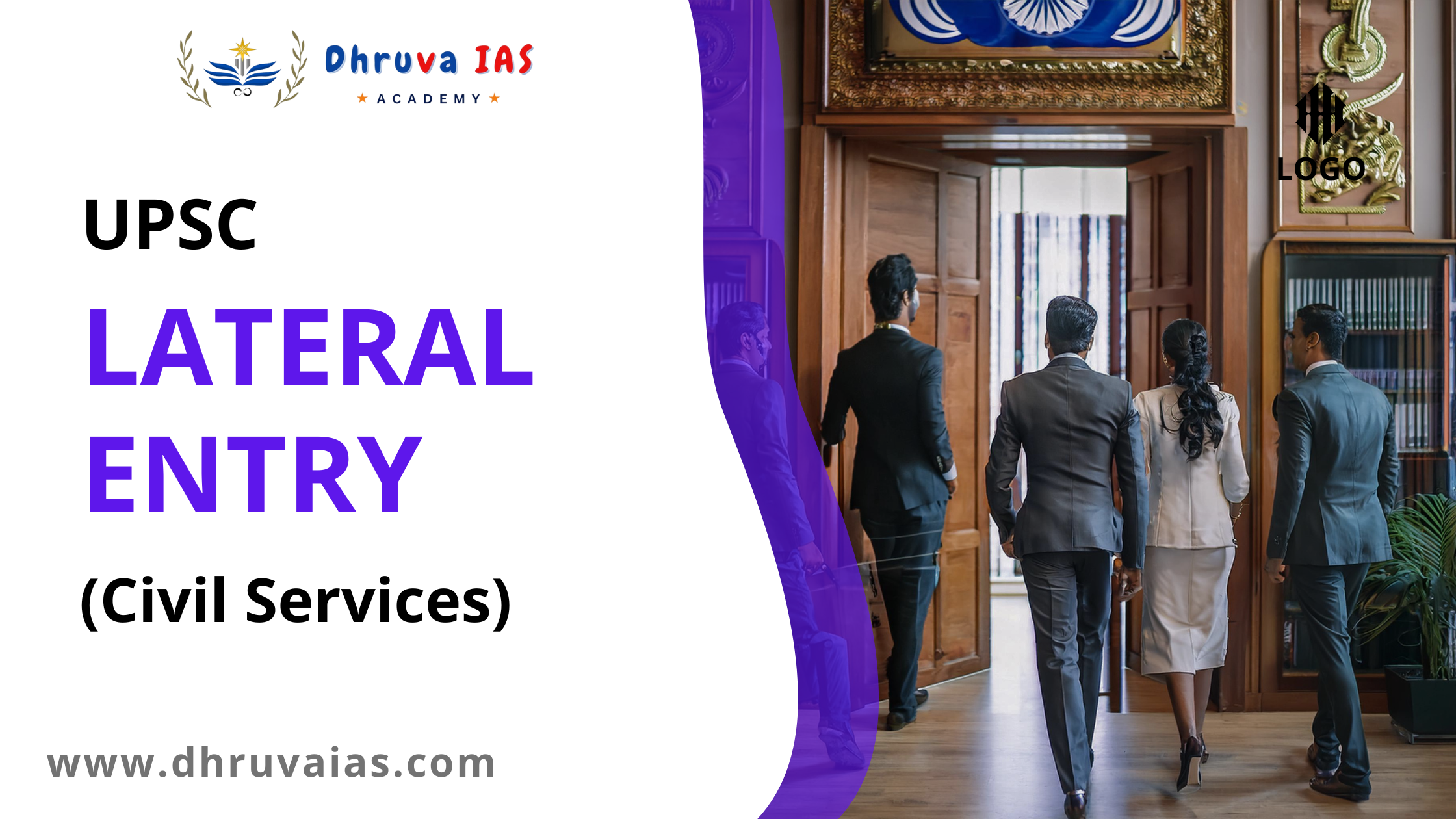Important National Awards of India
Celebrating Excellence: An Insight into India's Important National Awards
Table of Contents
Introduction
India’s rich tapestry of talent and achievement is woven with the threads of recognition and honor bestowed upon its exceptional individuals. The realm of national awards in India stands as a testament to the nation’s reverence for excellence, spanning across diverse fields from arts and literature to sports and social service.
In this comprehensive exploration, we delve into the prestigious national awards of India, each a beacon illuminating the path of greatness and celebrating the remarkable contributions of its recipients. From the highest civilian honor, the Bharat Ratna, to the inspiring Arjuna Award for sports excellence, these accolades encapsulate the essence of India’s cultural heritage and spirit of accomplishment.
Join us on a journey of discovery as we uncover the significance, history, and impact of these important national awards, shining a spotlight on the extraordinary individuals who have left an indelible mark on the fabric of our nation.
Sl.No | Award | Details |
1. | Major Dhyan Chand Khel Ratna Award |
|
2. | Arjuna Award |
|
3. | Dronacharya Award |
|
4. | Dhyanchand Award |
|
5. | Rashtriya Khel Protsahan Puraskar |
|
6. | Maulana Abul Kalam Azad (MAKA) Trophy |
|
Gallantry Awards - Ministry of Defense
Sl.No | Award | Details |
1. | Param Vir Chakra |
|
2. | Maha Vir Chakra |
|
3. | Vir Chakra |
|
4. | Ashoka Chakra |
|
5. | Kirti Chakra |
|
6. | Shaurya Chakra |
|
Civilian Awards - Ministry of Home Affairs
Sl.No | Award | Details |
1. | Bharat Ratna |
|
2. | Padma Awards
|
|
Literary Awards
Sl.No | Award | Details |
1. | Jnanpith Award |
|
2. | Sahitya Akademi Award |
|
3. | Sangeet Natak Akademi Awards |
|
4. | Lalit Kala Akademi Awards |
|
Conclusion
India’s national awards serve as a tribute to excellence, talent, and dedication across diverse fields. They celebrate the achievements of individuals who have made significant contributions to the nation’s cultural, social, and intellectual landscape. Through these awards, India honors its finest and inspires future generations to reach greater heights of success and achievement.
Company
Dhruva IAS Academy is renowned for its exceptional coaching and guidance in civil services preparation. With experienced faculty, comprehensive study materials, and a focus on individualized attention, Dhruva IAS Academy empowers aspirants to excel in the UPSC exams and pursue successful careers in public service.
Features
Most Recent Posts
- All Post
- Current Affairs
- Ethics
- Sociology
- Back
- Case Studies
- Back
- Daily Current Affairs
Category
Tags
- Arjuna Award
- Bengali
- Bharat Ratna
- Bureaucracy
- Case Studies
- Chandrayan-3
- Civil Services
- Classical Languages
- Current Affairs
- Defence
- Ethics
- Family
- Functionalist
- IN-SPACe
- ISRO
- Joint Military Exercise
- Lateral Entry
- marathi
- Marxist
- National Awards
- National Space Day
- NATO
- Pali
- Prakrit
- Psychiatrist
- Russia-Ukraine war
- Sociology
- Space
- Sweden
- Symbolic Interactionist
- Tamil
- Telugu
- UPSC
- UPSCprelims


